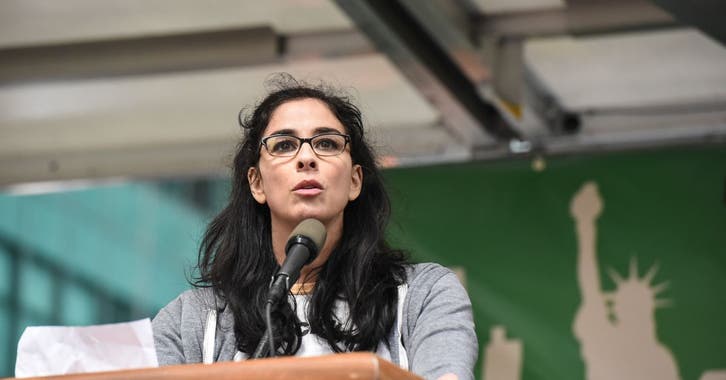Sarah Silverman is suing OpenAI and Meta for copyright infringement
Comedian and author Sarah Silverman, as well as authors Christopher Golden and Richard Kadrey — are suing OpenAI and Meta each in a US District Court over dual claims of copyright infringement.











Add comment